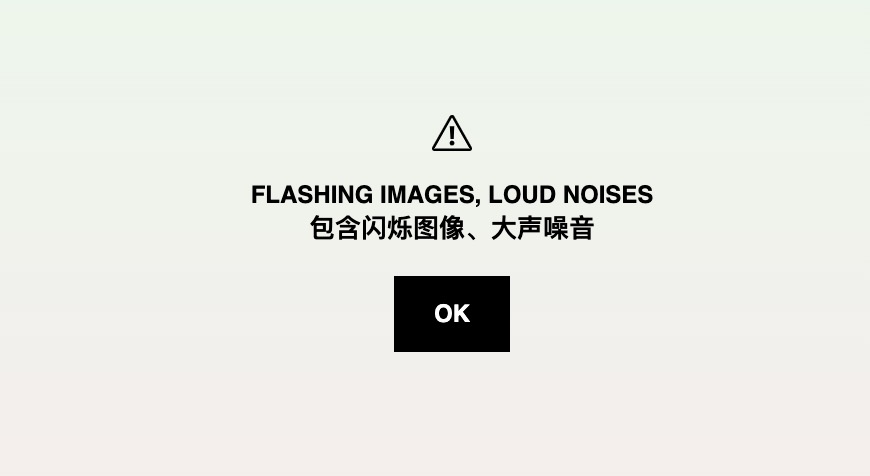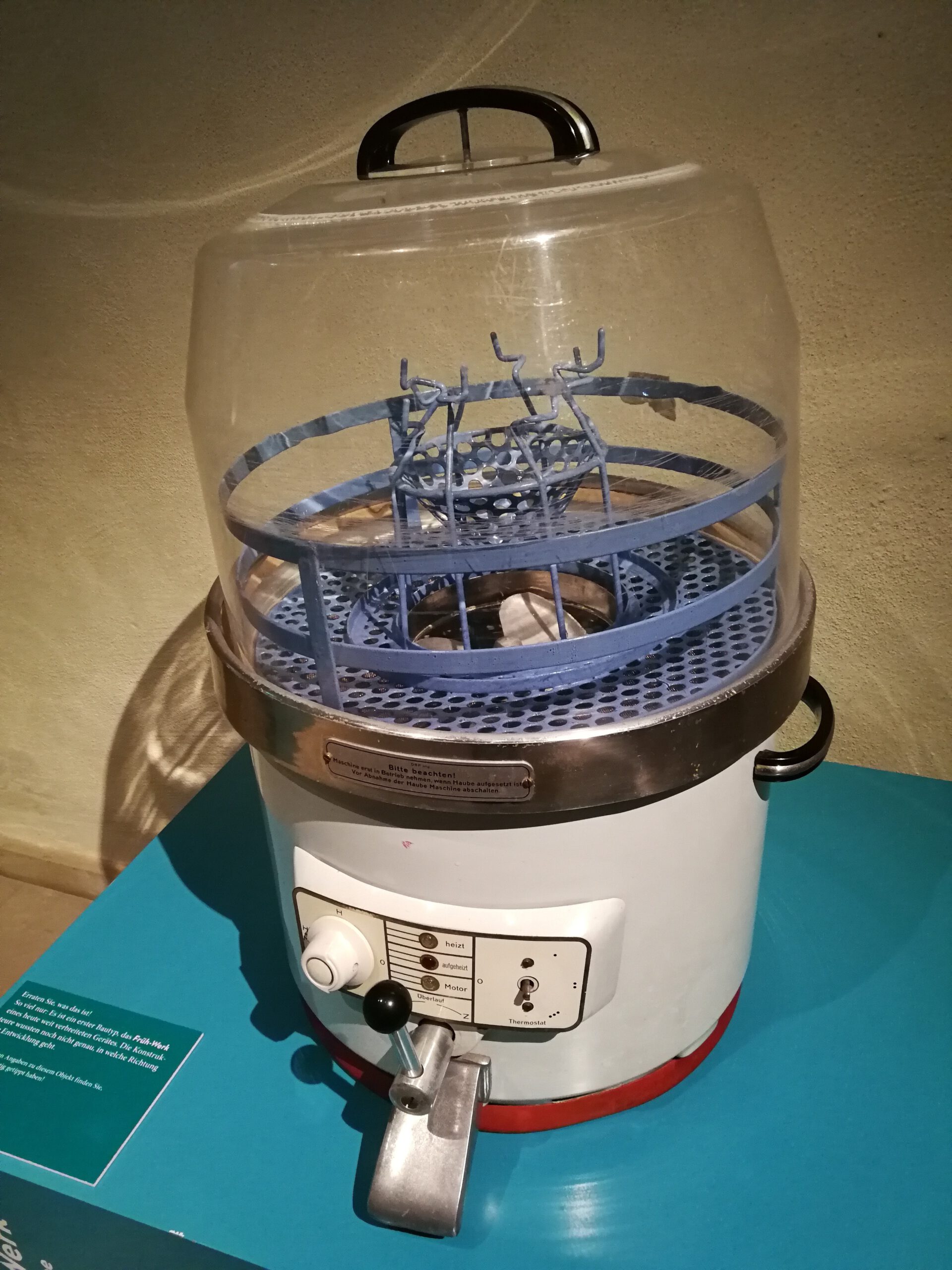Zeit für Quatsch.
(Direktlink) Einen Kommentar hinterlassen
Wozu auch immer: flashing images, loud noises. Staggering Beauty, ein digitaler Air Dancer ohne Arme, aber mit Krach.

(via Zwentner)

Hergestellt in Deutschland von der Karl Ketterer KG. So bisher auch noch nicht gesehen. In Aktion sieht das Ding dann so aus:
My kind of porn.
In this video, I take on the restoration of a true classic — a 1977 Bianchi Record 746 road bike that spent decades forgotten in a dusty old garage. Covered in grime, rust, and the marks of time, this steel beauty deserves a fresh start.
Step by step, I’ll show the full restoration process: disassembling the bike, cleaning and polishing the original components, restoring the iconic Bianchi frame, and carefully reassembling it with respect for its history. Featuring original Campagnolo parts and legendary 1970s Italian craftsmanship, this build brings vintage cycling heritage back to life.
Schön nostalgisch in VHS-Optik (die leider loopt) zu Vapor- und Synthwave durch Malls der 1980er schlendern? Bitte schön, geht hiermit.
Mall aesthetic from the 1980s, featured through vaporwave, synthwave, and retrowave music. Experience the liminal charm of empty food courts, neon lights, and ambient nostalgia.
Ich hab’s ja generell nicht so sehr mit Autos, aber verstehe durchaus die Leidenschaft für die alten davon. Sowohl hier, wo gerade ein T4 zum Oldtimer geworden ist, als auch in Curaçao, wo die alten Kisten auch schon mal noch deutlich älter als 30 Jahre sind.
Wer auf der Karibik-Insel Curaçao ein Auto besitzt, das mindestens 30 Jahre alt ist, kann ganz offiziell ein sogenannter Wabi-Boy werden. Der Wabi-Club mit seinen über 100 Mitgliedern ist einer der ältesten Oldtimerclubs in der Karibik. Es gibt ihn schon seit 1965. „GEO Reportage“ hat den Club und seine Mitglieder besucht.
Sonne, Sand, Hitze und jede Menge Wind – das karibische Klima auf Curaçao ist eigentlich nicht geeignet für die empfindlichen, in die Jahre gekommenen Autoklassiker. Doch ausgerechnet auf der Insel, die viele nur vom „Blue Curaçao“-Likör kennen, spielen Autos eine ganz große Rolle. Kein Wunder, dass es auf Curaçao den wahrscheinlich ältesten Oldtimerclub der Karibik gibt – den Wabi-Club. Bei den Clubtreffen kommen alle Mitglieder zusammen und präsentieren ihre liebevoll restaurierten Wagen.
Kommen wir nun zu etwas ganz anderem: jede/r von uns hat schon mal einen Schraubenschlüssel benutzt. Dabei haben die Wenigsten wahrscheinlich darüber nachgedacht, wo die Dinger herkommen und warum. Dieses Video, von dem wir bis eben nicht wussten, das wir es mal sehen wollten, klärt genau darüber auf. Wieder was gelernt.
Our world runs on nuts and bolts. It’s estimated that from the 1.6 billion cars on the road, nearly 80,000 are driving around with a 10mm socket lost somewhere in the engine bay. This surprising fact highlights a fundamental truth: our ability to build, fix, and maintain our entire civilization depends on one, indispensable tool: the wrench.
ImillaSkate ist ein bolivianisches, indigenes weibliches Skater-Kollektiv, dessen Mitglieder traditionelle Cholita-Kleidung tragen. Dies ist eine großartige Kurzdokumentation über die Gruppe, ihre Herausforderungen und die Veränderung und Freude, die sie in ihre Gemeinschaften bringen möchten. Noch dazu sehr schön fotografiert.
Reconnecting with their ancestry while finding sisterhood through skateboarding, Imillaskate is an indigenous female skate collective based in the Bolivian city of Cochabamba – bonded through clothing as a symbol of cultural pride. Finding their feet in the foothills of the Bolivian Andes, the young women join a rising number of cholitas, adopting the traditional pollera as a reclamation of indigenous heritage and the female strength carried through Aymara or Quechua traditions.